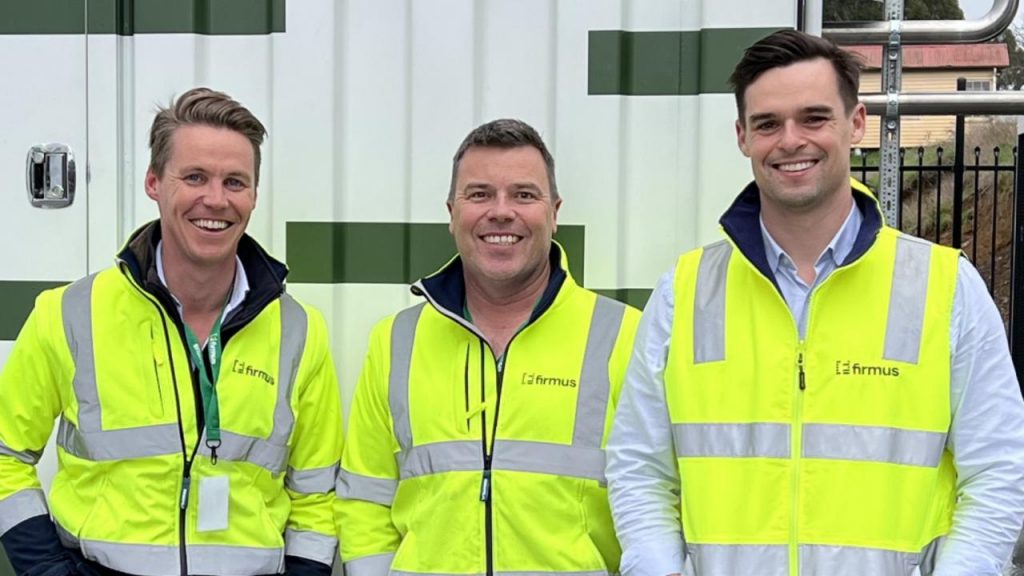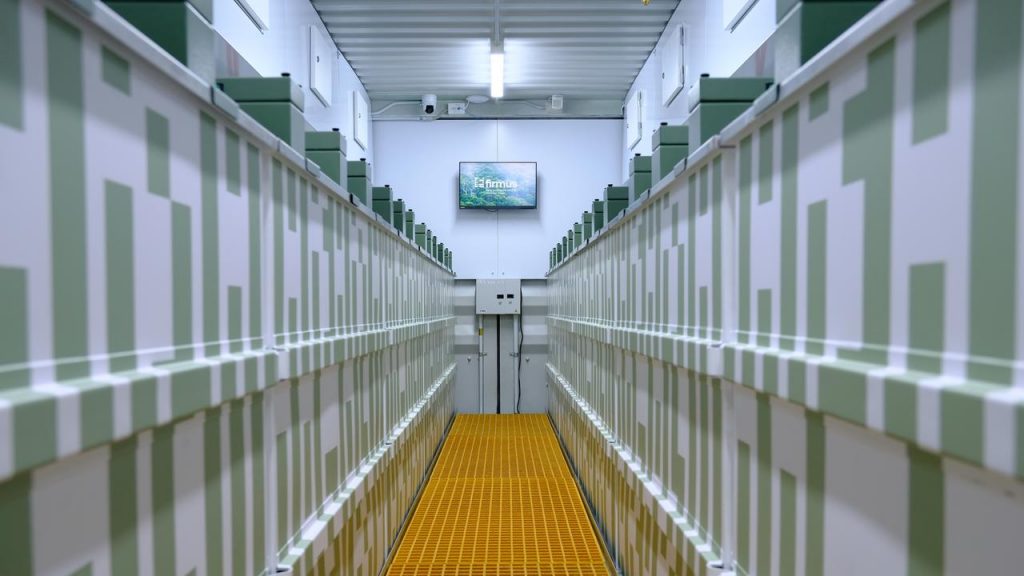A Tasmanian-based cloud computing firm which employs 25 people across the state and is in possession of patented technology is ready to take its product globally, its Melbourne-based chief executive says.
The key technology advanced by Firmus, which has a 24,000 sqm research and development lab at St Leonards, near Launceston, is an immersion-cooling process for its data centres.
This process allows clients to perform tasks with heavy workloads, such as video analytics, more efficiently via Firmus’ Supercloud product, leading to less carbon emissions.
Cloud computing refers to on-demand delivery of IT resources over the internet, rather than businesses having to possess their own infrastructure.
Firmus chief executive Tim Rosenfield said the effect of using immersion cooling, as opposed to air cooling, is that it used about 50 per cent less power, meaning it is cheaper and more environmentally sustainable.
While immersion cooling has been on the scene previously, Firmus has managed to produce it at scale and, importantly, Firmus’ technology is able to be retrofitted to existing data centres, Mr Rosenfield said.

Another effect of the technology is that it can support more “valuable” types of computing, such as artificial intelligence and graphics processing units (GPU), while Supercloud’s reach means it can perform complex tasks at the “edge” – such as on a space station or in a battlefield.
In a vote of confidence in the product, VisualCortex, a “video intelligence platform connecting computer vision’s potential to real-world business outcomes”, has announced a partnership with Firmus to use its Supercloud product.
“At VisualCortex, our mission is to make video data actionable throughout the enterprise,” said chief executive Patrick Elliott.
“Our video intelligence platform makes it technologically and financially possible to pervasively scale computer vision programs.

“At the same time, we fully acknowledge that computer vision requires significant GPU processing power.
“Supercloud, powered by Firmus, provides an ideal solution to address this challenge for VisualCortex and our clients.”
Mr Rosenfield said, after initially building the St Leonards facility about four years ago, his company is ready to tackle the world.
“We’re very proud to develop as much as we can in Tasmania, the conditions are right for Tasmania to host a large amount of this computing workload,” he said.
“I think our product has global implications, we are currently working with global tech leaders as to how this can be used around the world.
“We’ll use what we’ve done in Tasmania to export this around the world.”
Mr Rosenfield said Firmus initially chose Tasmania as its base due to its green energy derived from hydropower and the low cost of electricity.